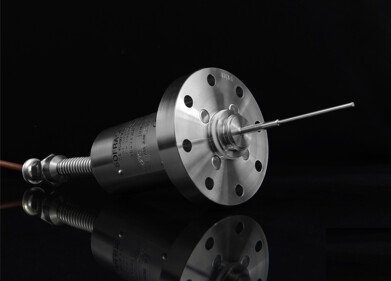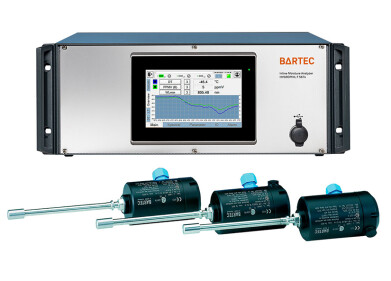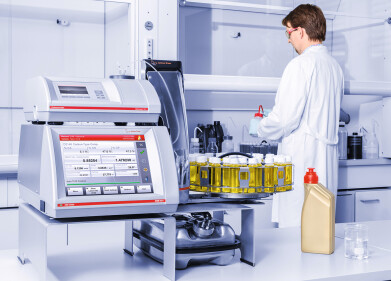Measurement and Testing
What is the Cetane Number? And How Does it Affect Me?
Jun 06 2014
The cetane number is the standard by which the quality of ignition of a diesel fuel is measured. As such, it is often thought of as the counterpart to the octane number of a gasoline dispenser. However, whereas an octane number is the measure of the gas’s ability to resist auto-ignition, the cetane number is more a measure of how long it will take for the fuel to ignite.
Specifically, the number measures the delay in time from when the fuel is first injected and the beginning of its combustion, ignition or consumption. Generally speaking, a higher cetane fuel number indicates a shorter delay time between injection and combustion, thus indicating better quality.
Stricter regulations on diesel fuels, with a view to improving fuel efficiency and decreasing harmful output into the atmosphere, have meant that refineries have had to work harder to adhere to the rules. For example, in the United States, the minimum required cetane number is 40. In the United Kingdom, the number is significantly higher, at 51. These standards vary from region to region.
What does the Cetane Number Mean for You?
As well as the regulatory restrictions, cetane numbers also have several practical effects that will be seen in your day-to-day use of diesel fuels. These include:
- Improved starting time for the engine
- Smoother and quieter running of the engine
- Better fuel efficiency (i.e. more miles to the gallon, less money spent)
- Less harmful outputs from the exhaust, improving environmental conditions
- Less damage to the components of the engine and the battery
- Faster distribution of lubricating liquids throughout the engine
With all of these practical benefits, it is clear that a higher cetane number is desirable for all.
How to Obtain a Higher Cetane Number
A higher cetane number can be obtained in two ways. The first is achieved during the refining process, by hydrotreating the fuel. However, due to the scarcity and expense of hydrogen, this is not a favoured process. Furthermore, such a process generally results in a fuel with less British thermal units (BTUs, a measurement of energy), lower horsepower and a less economical fuel.
The other way is through cetane-improving additives. Much research has been done into this area recently, and the excellent article Next Generation Derived Cetane Analysis: High Precision Enables Refineries to Operate Close to Specifications and Increase Profitability delves further into the intricacies of cetane additives and of methods of cetane number measurement.
Digital Edition
PIN 25.1 Feb/March
March 2024
In This Edition Safety - The technology behind the ION Science Tiger XT - Safety with ammonia and LOHCs as hydrogen carriers Analytical Instrumentation - Discussion on new tribology te...
View all digital editions
Events
Apr 28 2024 Montreal, Quebec, Canada
Apr 30 2024 Birmingham, UK
May 03 2024 Seoul, South Korea
May 05 2024 Seville, Spain
May 06 2024 Riyadh, Saudi Arabia


















